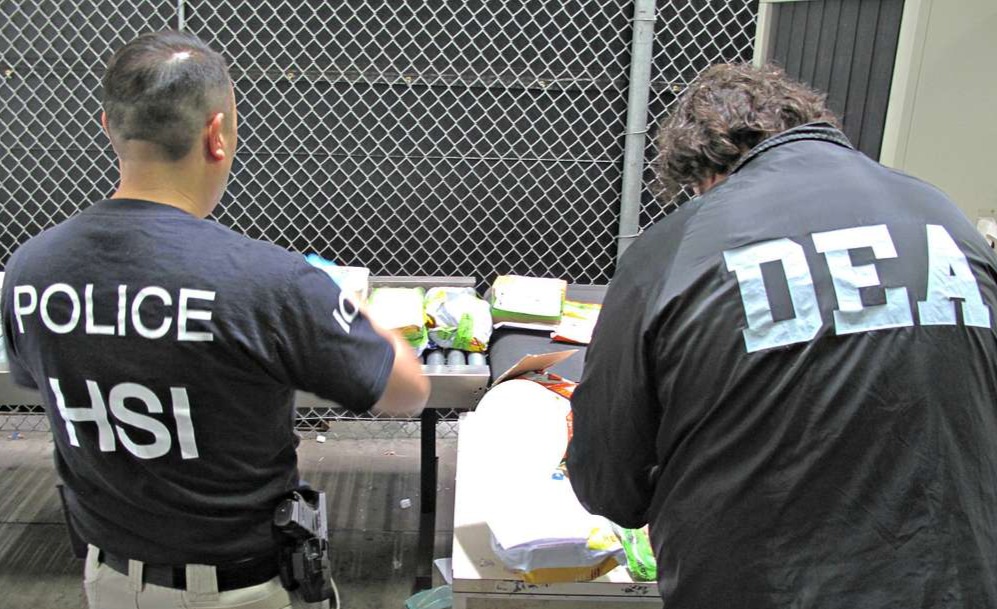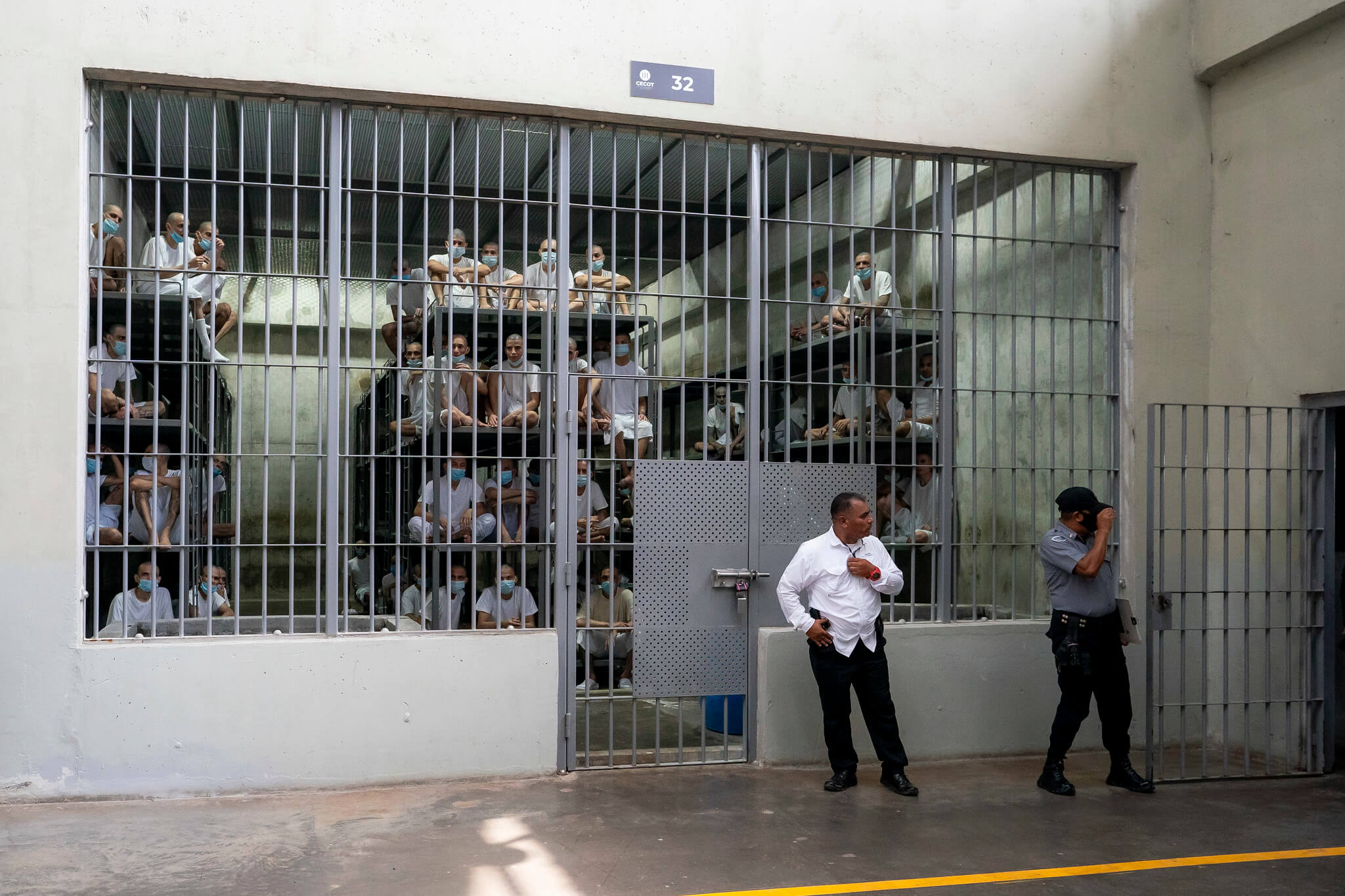Call for Papers: Cybersecurity Law and Policy Scholars Conference 2021
The first annual Cybersecurity Law and Policy Scholars Conference (CLPSC) will take place at the University of Minnesota Law School on Oct. 1-2, 2021. The conference plans to accommodate both in-person and virtual participation, subject to evolving social-distancing guidelines.
The paper workshops will be modeled after the Privacy Law Scholars Conference. Each paper will be assigned a discussant, who will introduce the paper and provide comments. This will be followed by comments from the audience. The conference only provides an opportunity to workshop the papers; the conference will not publish papers or other proceedings.
Submission and Registration Instructions
To present a work in progress for discussion, please submit an abstract (maximum 1000 words) by May 1, 2021 via this form. Abstracts should describe a working thesis, and may also describe methodology and how the paper would add to the current body of scholarship. The program committee will notify all applicants of its decisions by June 1. Complete drafts of papers for circulation to conference participants are due by September 1.
In addition to presentation and discussion of works in progress, we anticipate, assuming sufficient interest, focusing a portion of the program on questions of cybersecurity pedagogy. This portion of the program will consider different approaches to teaching cybersecurity law and policy, including the substance of such classes, teaching materials and methods, and other topics. Those interested in presenting or participating in this discussion can express interest using the same form linked above.
Travel Expenses
Thanks to generous support from the Hewlett Foundation and the Nebraska Governance & Technology Center, hotel expenses for authors of accepted papers will be covered. Depending on funding availability, airfare expenses may also be covered. Authors requesting assistance for airfare should include an estimate in their conference submission.
Conference Background
Recent years have seen an increase in scholarship focused on cybersecurity law and policy. This conference recognizes the need for a dedicated forum for interdisciplinary scholars in the growing field to workshop papers, discuss research ideas, and share pedagogical approaches. We hope that the conference will include participants from a range of academic disciplines, including law, public policy, computer science, political science, economics, and international relations. Among the issue areas that would be suitable for workshop papers:
- Cybersecurity regulation
- Incident response procedures and policies
- Computer hacking laws
- Data breach and other cybersecurity litigation
- Electronic government surveillance
- Law of armed conflict as applied to cyber
- Information sharing and public-private partnerships
- Cyber espionage
- Cybersecurity standards
- Cybersecurity governance models
- Comparative cybersecurity law
These illustrative examples are not intended to be an exhaustive list.
Paper proposals will be reviewed by a program committee. Confirmed members of the Program Committee include Jane Bambauer, Steve Bellovin, Megan Brown, Jennifer Daskal, Kristen Eichensehr, Eric Jensen, Sasha Romanosky, Bruce Schneier, and Peter Swire.
If you have any questions about the submission process or potential topics, or if you are not submitting a paper but would like to attend the conference as a paper discussant or participant, please email conference@clpsc.org.
Sincerely,
The CLPSC Organizing Committee: Gus Hurwitz; Jeff Kosseff; Alan Rozenshtein; Charlotte Tschider and Josephine Wolff





